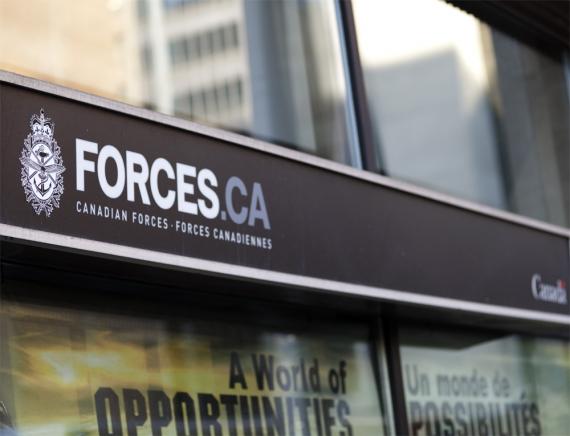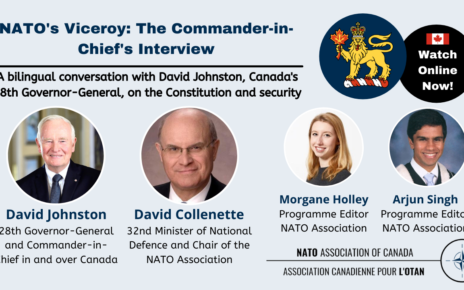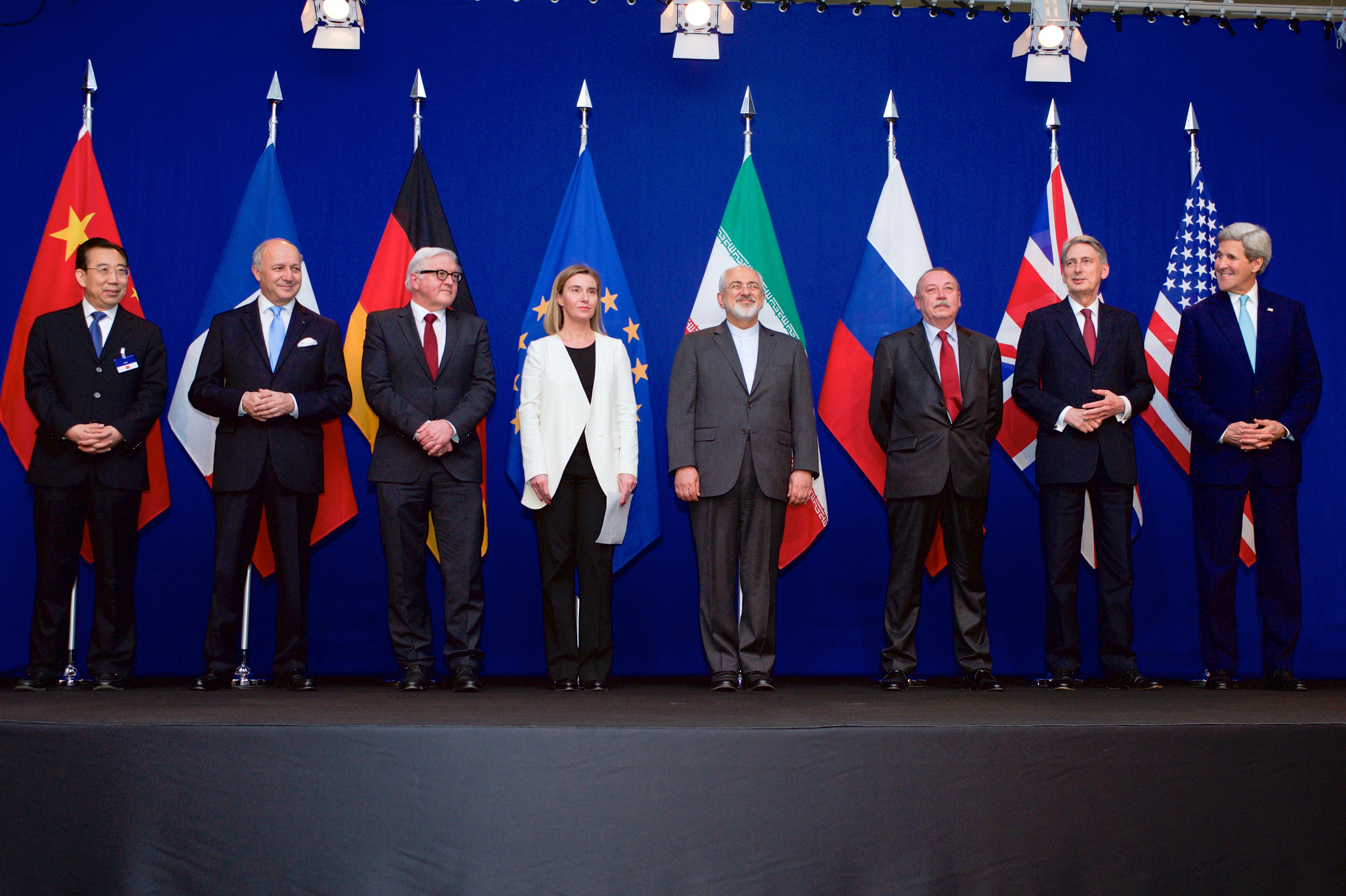
The Canadian Forces Reserve needs to do a better job preparing members for careers beyond military service. Employability in the job market has always been a hot topic, but even more so in the current economic climate. There is an unemployment crisis hitting this country of such importance that is has become a major political issue. Tim Hudak’s highly touted Million Jobs Plan exemplified this fact, however even within the proposed action plan to spur economic development and prosperity for the province of Ontario, the defeated would-be Premier planned to lay off 100,000 public service employees . Some emergency services such as Police are off the table when it comes to the proposed public service cutbacks, as is of course the military which falls under federal jurisdiction; however Canadian Forces Reservists still feel the impact of these tough economic times in their jobs and lives outside the Military.
The Canadian Forces Primary Reserve is staffed by men and women who have honourably chosen to serve in a part-time capacity, as the old slogan goes – one day a week, one weekend a month, and while some members of the Reserve are students, the majority need to hold fulltime jobs in the civilian world to support themselves and their families.
Recently, past and present Reserve members have been hit by the economic crisis in their civilian lives as have Canadians nationwide. Even experienced officers with a wealth of managerial experience, including the newly retired 42 Brigade Group Commander, are having difficulty finding jobs, citing difficulty in articulating valuable career skills such as leadership which becomes extremely well developed in the Forces and which corporate employers value so highly, and translating a diverse and varied military career into a résumé format that employers can understand. The issue of soldiers, sailors and airmen encountering difficulties in civilian life is not unique to the Canadian Forces Reserve; this is systemic of all our Forces. We as Canadians need to do a better job supporting our soldiers after they leave the service.
A non-partisan group dedicated to connecting community leaders and members of the Canadian Military recently hosted an event in Calgary to assist reserve soldiers in meeting employers, which looks to have been of benefit to all those involved. This event brought employers and members of the Calgary-based Reserve Brigade together in a speed-dating style format that afforded reservists an introduction to job opportunities they might not have otherwise been able to access. The Canadian Forces itself must take note of these external efforts and recognize the desperate need for its own organization to greatly expand its efforts in this capacity.
Canada’s reputation for supporting its servicemen and women is tenuous at best so it is of paramount importance that Canada rehabilitate its image in this sense by offering better support for the employment of its Reserve members. The Canadian Forces has an obligation follow these other groups’ lead by dedicating additional resources and expanding its Human Resources Branch to include better employment services to teach members how to articulate the skills and experiences they have gained from military service effectively to employers, marketing themselves as excellent candidates and facilitating meetings with potential employers where possible.
Most Reservists are in fact adults who have held fulltime civilian jobs in the past, but many are students who may serve in the Reserves for a number of years before graduating and looking for civilian employment, as well as high school students who have joined the Forces through co-operative education programs. In short, there is a further pool of experienced soldiers who may not have any other employment experiences to draw on in civilian life and therefore would benefit even more greatly from additional employment resources offered by the Canadian Forces itself.
Job cuts are continuing to occur everywhere in the wake of the recent recession and while our Reservists’ military jobs are safe, their civilian ones may yet come under fire. Reserve pay is not equal to a fulltime job, it is meant to augment their salary and not to substitute. We cannot have our men and women in uniform going bankrupt or living on the streets; they already face enough adversity in protecting Canada. Expanded employment services and greater attention to the prosperity of our uniformed protectors outside their military lives is needed to make sure these hardworking men and women remain financially secure in civilian life.




